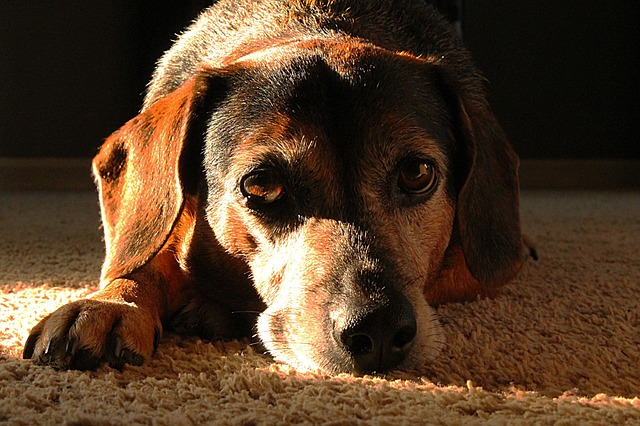Welcome to our comprehensive guide on tips for feeding your senior dog. As dogs age, their dietary needs change, and providing the right nutrition can help prevent health issues and improve their quality of life. In this article, we will explore the best ways to feed your senior dog, including the importance of joint supplements, digestive health, and managing food allergies.
Senior dogs require a balanced diet that meets their specific nutritional needs as they age. A senior dog’s diet should be rich in protein, moderate in fat, and low in carbohydrates. This will help maintain their muscle mass, energy levels, and overall health. It is also essential to provide your senior dog with access to fresh water at all times.
A high-quality senior dog food should contain joint supplements such as glucosamine and chondroitin, which can help alleviate joint pain and stiffness. These supplements are particularly important for older dogs who may experience arthritis or other joint-related issues.
Feeding your senior dog a balanced diet is also crucial for maintaining digestive health. A diet rich in fiber can help prevent constipation, diarrhea, and other digestive issues. You should also consider adding probiotics to your senior dog’s food to support the growth of beneficial gut bacteria.
Managing food allergies is another critical aspect of feeding your senior dog. If your dog has a food allergy, it can lead to skin problems, itching, and other health issues. Working with your veterinarian to identify potential allergens and develop a plan to manage them is essential.
Feeding your senior dog homemade food can be an option, but it requires careful planning and attention to nutritional balance. You should consult with your veterinarian before making any changes to your dog’s diet. Additionally, homemade dog food may not provide the same level of convenience as commercial food.
Feeding your senior dog in a stress-free environment is also crucial. Avoid feeding your dog near other pets or in areas where they can be distracted by their surroundings. This will help reduce stress and anxiety during mealtime.
Monitoring your senior dog’s weight and body condition score (BCS) is essential for maintaining optimal health. Regular weigh-ins and BCS checks with your veterinarian will help ensure that your dog is at a healthy weight and not experiencing any adverse effects of their diet.
Adequate dental care is also vital for senior dogs, as their teeth can become more prone to decay and gum disease as they age. Providing regular dental care, such as brushing and veterinary cleanings, will help prevent these issues.
Feeding your senior dog in moderation is also a good idea. Senior dogs may need fewer calories than younger dogs, but overeating can still lead to weight gain and other health problems.
A gradual transition from one food to another is essential when making changes to your senior dog’s diet. This will help prevent digestive upset and ensure a smooth transition.
A healthy lifestyle that includes regular exercise, mental stimulation, and quality time with family can also contribute to a long and happy life for your senior dog.
Feeding your senior dog is an essential aspect of their care, and making informed decisions about their diet can have a significant impact on their health and well-being. By following these tips and consulting with your veterinarian, you can help ensure that your senior dog lives a happy, healthy life.
- Feeding your senior dog a balanced diet rich in protein, moderate in fat, and low in carbohydrates is essential for maintaining their muscle mass, energy levels, and overall health.
- A high-quality senior dog food should contain joint supplements such as glucosamine and chondroitin to alleviate joint pain and stiffness.
- Feeding your senior dog a diet rich in fiber can help prevent constipation, diarrhea, and other digestive issues.
- Managing food allergies is crucial for preventing skin problems, itching, and other health issues in senior dogs.
- Adequate dental care through regular brushing and veterinary cleanings can help prevent decay and gum disease.
